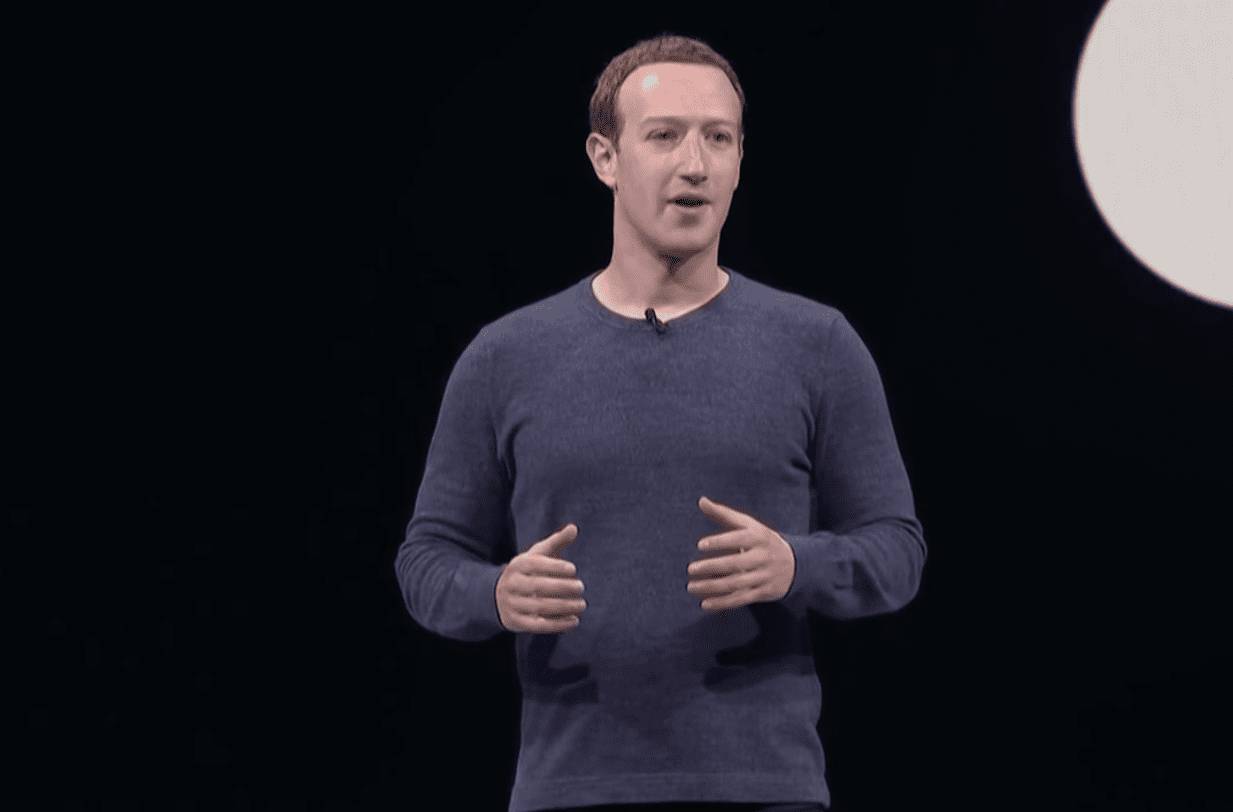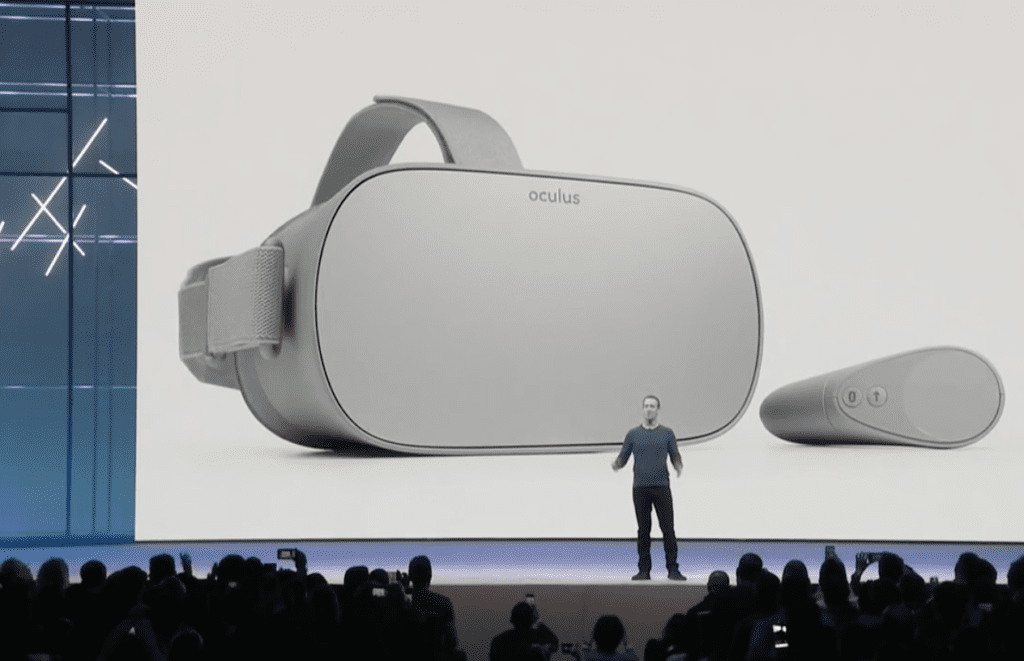The 2018 Facebook F8 Developer Conference created an opportunity for Facebook to change the narrative about the embattled company. At the annual event, Facebook usually unveils new products and a glimpse at the company’s future. This year’s event just happened to occur only weeks after CEO Mark Zuckerberg spent two days on Capitol Hill defending the company’s approach to data privacy. So you can be sure Facebook was eager to inspire coverage about something besides Mark Zuckerberg going head to head with angry legislators and trying to assure investors that Facebook is improving its approach to protecting user data.
And Facebook delivered with a slew of announcements and demonstrations that reminded Facebook watchers of its commitment to connecting people through an ever-evolving social platform. Highlights included:
- FaceDate, a dating feature in which Facebook members can make their profiles to non-friends who opt in to look for someone to date. With FaceDate, Facebook is reinforcing its core mission of connecting people, a mission that Facebook periodically updates as it did last year with the rollout of the “bring the world closer together” mantra. It looks as though Facebook wants to bring the world closer together one person at a time and in relationships that go beyond friending. It’s a reasonable move that doesn’t stray too far from Facebook on its best day: connecting people.
- Augmented and virtual reality: Facebook has been marching down a path of creating augmented and virtual reality experiences for some time, as manifested by the purchase of VR firm Oculus in 2014. In 2016, Mark Zuckerberg placed AR/VR at the far end of a 10-year roadmap. Facebook F8 showed that Facebook appears to be right on schedule. The company released Oculus Go, a lightweight, relatively affordable VR headset that liberates VR from the confines of a stationary computer. Oculus Go is important because it’s supposed to make VR more affordable while delivering a reasonably high-quality VR experience. Meanwhile, on the AR front, Facebook showed off progress with its AR camera for interacting with AR content in the real world. Among other announcements, Facebook disclosed that AR is coming to its Messenger platform.
Facebook also embedded AR into the actual F8 experience, such as with an AR scavenger hunt in which participants looked for objects using their devices. Through the hunt, Facebook tested with the camera (accessible from inside Facebook) by, in effect, relying on F8 attendees as the test group. Although there is nothing inherently new about an AR scavenger hunt, the hunt gave Facebook a chance to test target-recognition technology, which unlocks AR effects without requiring you to tap on your camera app. The feature is not yet available and so F8 amounted to a beta test.
For two days, Facebook succeeded in repositioning itself as a media company shaping the future of social experiences. Some of the news coverage reflects the kind of narrative Facebook wanted to tell at F8:
Never mind that Facebook’s AR and VR experiences still come down to providing developing tools disconnected from consistently good content. What matters is that Facebook changed the narrative. For a larger rundown of everything Facebook announced at F8, go here. And contact us to discuss how to build your brand on Facebook.

